Speaking at an event in Tehran on Tuesday, the spokesperson and deputy chief of Iran’s nuclear agency hailed UN nuclear watchdog chief Rafael Grossi’s recent visit as “fruitful”, stressing that Iran took a “step forward” to resolve outstanding issues.
Grossi visited the Iranian capital earlier this month to resolve issues that have hampered cooperation between the two sides and efforts to revive the 2015 nuclear deal.
During the much-publicized visit, which came amid a stalemate in Vienna talks, Iran and the International Atomic Energy Agency (IAEA) agreed to enhance cooperation and clarify issues related to Iran’s nuclear activities, including reports about nearly 84% uranium enrichment.
Behrouz Kamalvandi, the spokesman for the Atomic Energy Organization of Iran, said the country’s nuclear program has been “politicized” both domestically and overseas, stressing that he sees the future as “grey”, with “neither optimism nor pessimism.”
The official lashed out at the three European signatories – the UK, France and Germany – to the 2015 nuclear deal, saying they previously criticized the US for walking out of the deal but now blame Tehran for the impasse.
While Iran escaped another scathing resolution at the IAEA board of governors’ meeting this week in Vienna, the US and the European troika took strong umbrage at Iran’s ramped-up enrichment, which is based on a report submitted by an IAEA inspector recently.
At the quarterly board meeting of the 35-member UN agency, US Ambassador Laura Holgate sought “immediate clarification” from Iran on 84% enriched uranium discovered by the watchdog.
“Whether intentional or inadvertent, Iran’s actions continue to intensify tensions and push unprecedented boundaries,” she said, referring to uranium particles enriched to 83.7%.
The European troika, in a statement to the IAEA board, termed the highly enriched uranium at the Fordow plant “alarming”, echoing the words of Washington.
“This unprecedented enrichment at up to 83.7% U-235 is an extremely grave escalation,” they noted, saying it “brings Iran dangerously close to actual weapons-related activities.”
US State Department spokesman Ned Price on Tuesday struck a more moderate tone, saying Grossi’s agreements in Iran are “important”, but more important is the “follow-through.”
Importantly, the last IAEA board meeting in November passed a resolution that called on Iran to cooperate with the IAEA probe into “traces of uranium” found at “three undeclared nuclear sites.”
The probe, which Iran has repeatedly dismissed as “political”, has emerged as a key barrier to the revival of the 2015 deal, known officially as the Joint Comprehensive Plan of Action (JCPOA).
Ali Ahmadi, a geoeconomics expert and executive fellow at Geneva Center for Security Policy, told Anadolu that the issue, “stuck in the broader nuclear negotiation,” is unlikely to be resolved soon.
“The Iranian delegation wants the closure of the matter tied into the reimplementation of the JCPOA, while the West wants the two matters kept separate,” he stated.
“The issue is not by itself critical. It’s related to a nuclear warhead research program the US accuses Iran of having – which it once had but abandoned in 2003. It is in itself a low-priority matter but something that can be used to pressure Iran and cast a shadow on the nuclear program as a whole.”
Grossi, who was reelected for another four-year term after his latest visit to Tehran, had two days of intense deliberations during which issues including high uranium enrichment, reinstatement of surveillance cameras, undeclared nuclear sites, etc. came up for discussion between the two sides.
“It was the first time I could have a serious conversation with the president of Iran about these things. This has enormous importance,” he said at a news conference in Vienna on March 6.
“I believe that there is a good opportunity. I cannot guarantee, of course. When people say these were (only) promises: well, first, it’s not (only) promises. We do have certain agreements which are concrete. And at the same time, I need to do my job and never give up.”
He also walked back on some of his comments that raised eyebrows in Tehran, especially those related to surveillance cameras and an inquiry into uranium traces found at undeclared sites, noting that the issues need “further negotiations” when an IAEA technical team visits Tehran.
In response, Mohsen Naziri Asl, Iran’s envoy to the UN nuclear agency, said his country was willing to cooperate over its nuclear program while insisting on avoiding “confrontation.”
“There are many things to do in the coming weeks and months toward addressing issues of common interest, for that Iran is very much willing to work with Rafael Grossi,” he said.
Hassan Beheshtipour, a Tehran-based senior political analyst, believes that if Iran and the IAEA reach an agreement, “one of the most important nodes in the negotiations will be opened.”
“I think if the IAEA announces that it has received answers to its three questions from Iran and is convinced, the way to conduct new negotiations between Iran and the West will open,” he told Anadolu, linking de-escalation of Iran-West tensions to the nuclear file.
Iranian President Ebrahim Raisi, who met Grossi separately in Tehran, told the UN nuclear chief that the US and Israel have “used nuclear issue as an excuse to put pressure on the Iranian nation.”
Raisi was referring to a wave of sanctions imposed on Iran in recent years, after the former US administration unilaterally walked out of the JCPOA in May 2018.
The nuclear deal talks, underway in Vienna since April 2021, remain stalled since last August over issues related to Iran’s cooperation with the IAEA, and alleged drone supply to Russia.
On Monday, Price said that a “return to the JCPOA hasn’t been on the agenda for months now.”
“What is always going to be on our agenda as a first resort is diplomacy. We continue to believe that diplomacy is the only permanent, durable, verifiable means by which to address Iran’s nuclear program,” he said after US President Joe Biden extended a national emergency against Iran for another year.
Seyed Hossein Mousavian, a Middle East security and nuclear policy specialist, said the 2015 nuclear deal cannot be revived “without the resolution of IAEA technical issues on Iran’s nuclear program.”
“The main objective of the JCPOA is to ensure the peaceful nature of the Iranian nuclear program. This is the task of the IAEA to verify and confirm,” he told Anadolu.



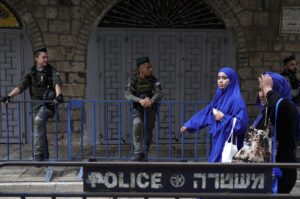
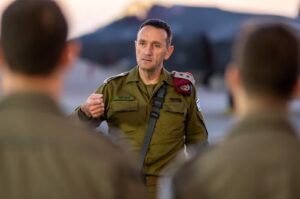
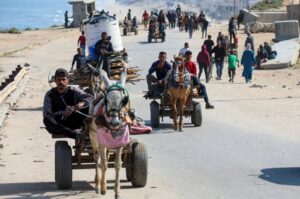

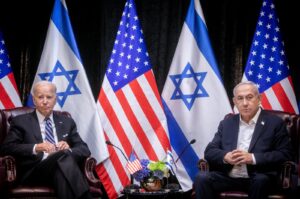
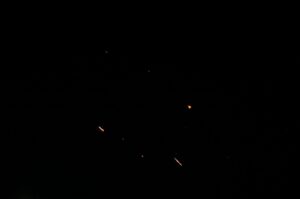
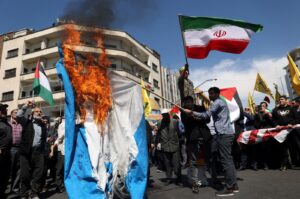
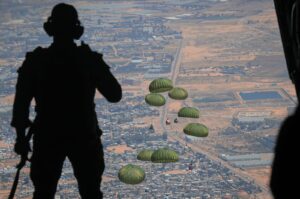
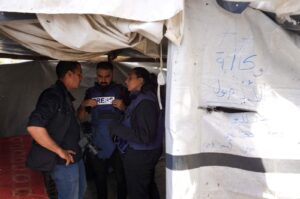
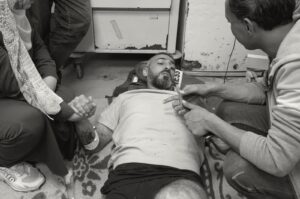
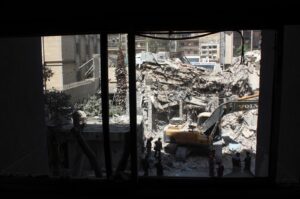
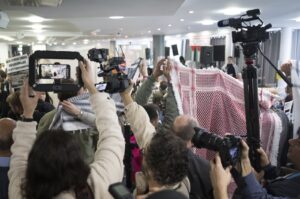
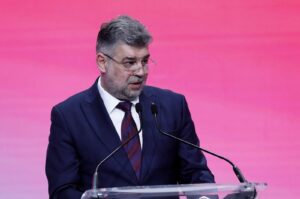
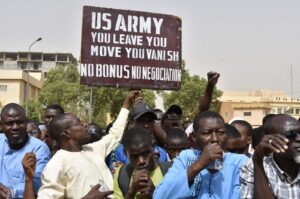
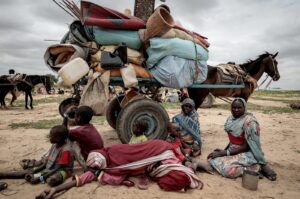
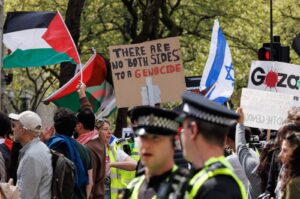
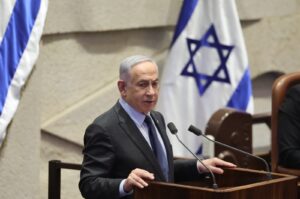
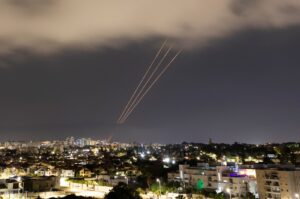
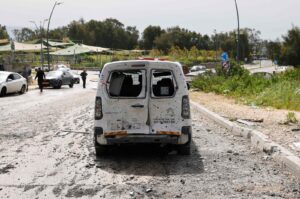
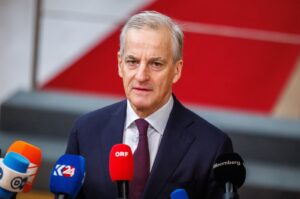
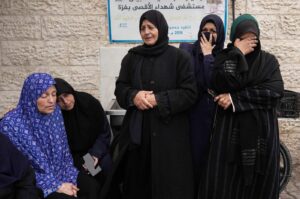
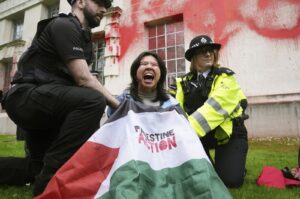
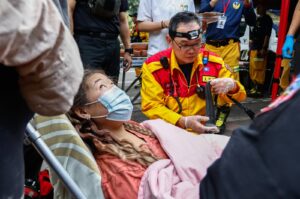
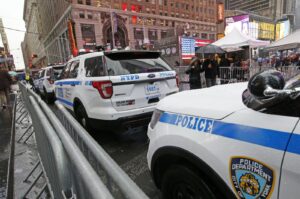
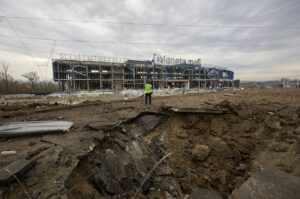
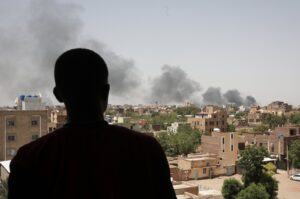
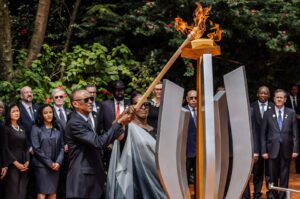

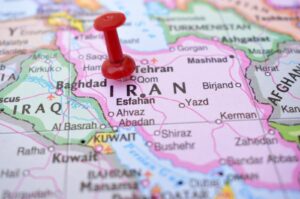
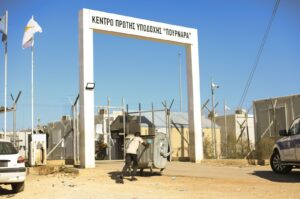
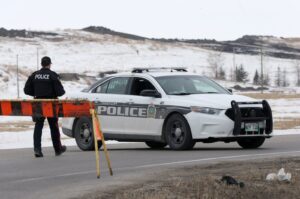
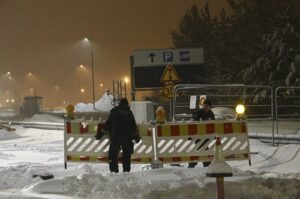
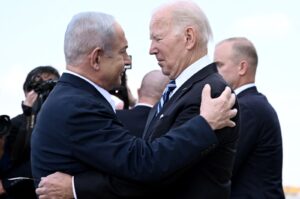
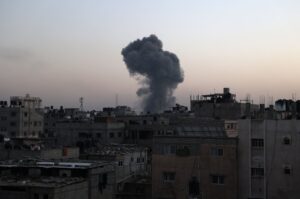
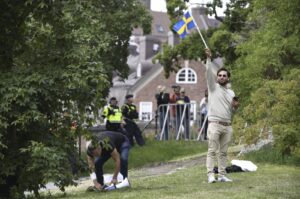
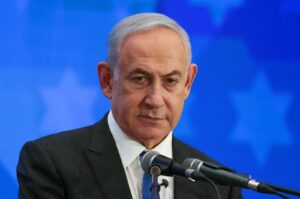
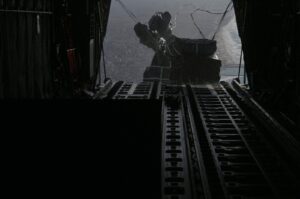
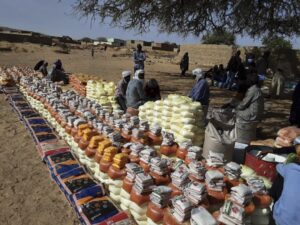
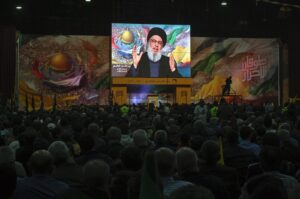
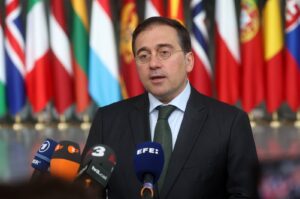
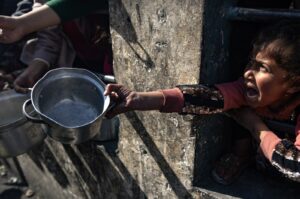
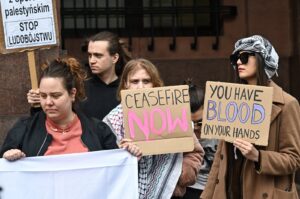
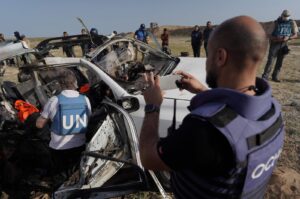
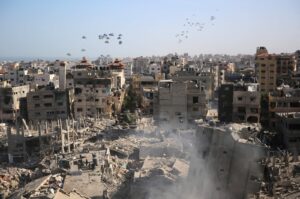
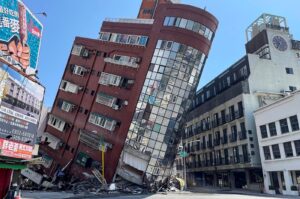
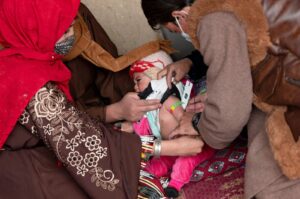
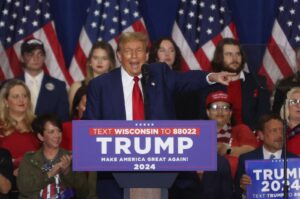
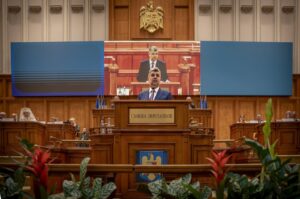
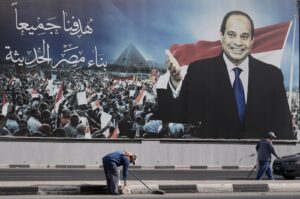
Be First to Comment